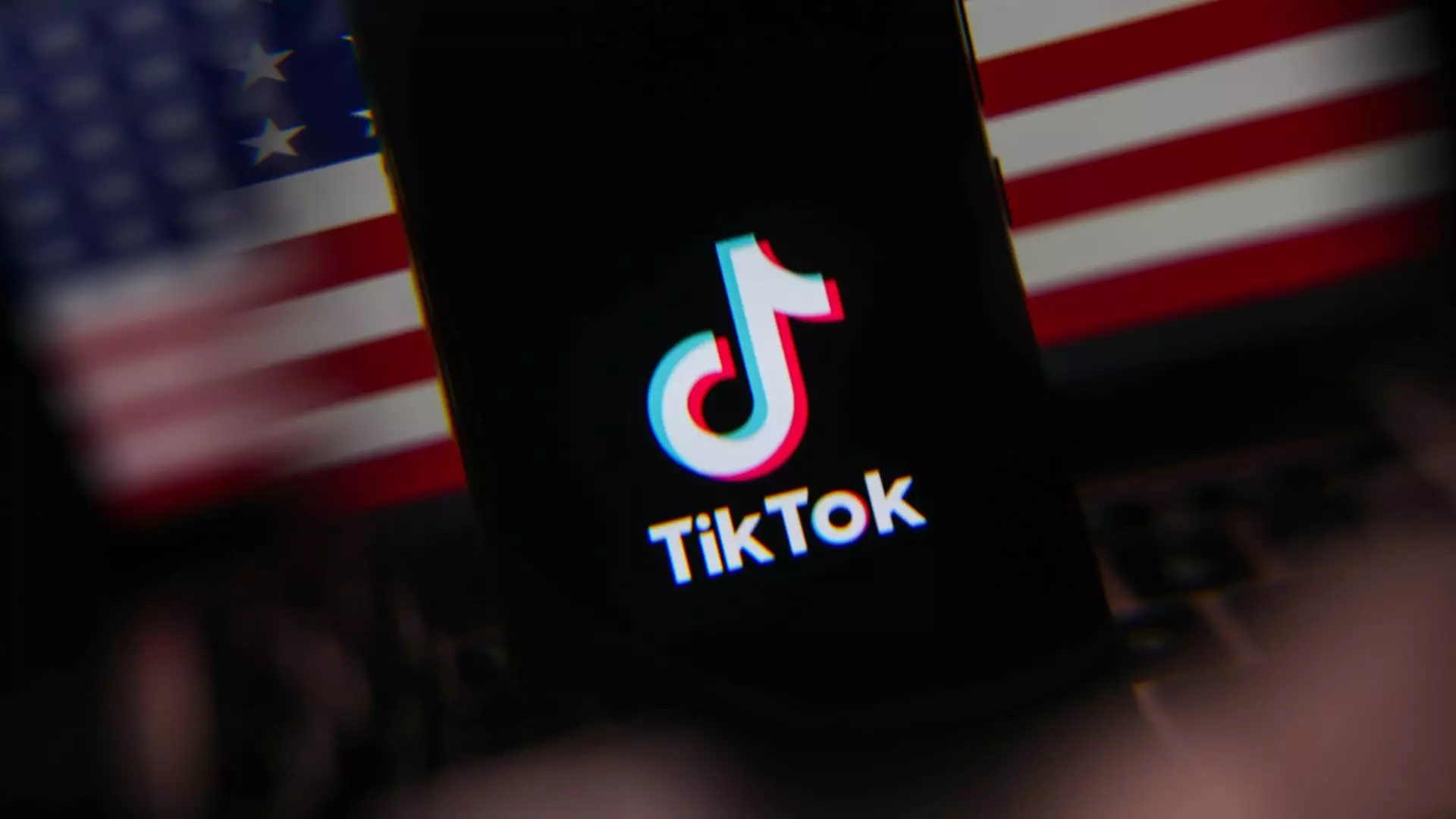TikTok’s tumultuous journey in the U.S. app market reached a significant milestone on Thursday evening when it was reinstated in both the Apple App Store and Google Play Store. This comeback comes after a brief yet impactful hiatus that began on January 18, coinciding with TikTok’s leadership deciding to pause operations in response to impending legal requirements surrounding national security. The app had faced potential prohibition under stringent new regulations that arose from the Protecting Americans from Foreign Adversary Controlled Applications Act, signed into law by former President Joe Biden.
The Legal Landscape
The act mandated that ByteDance, TikTok’s parent company based in China, divest its U.S. operations by January 19, 2023, or risk an outright ban. This legal framework highlighted the U.S. government’s concern over national security, specifically regarding data privacy and foreign influence. TikTok has put forth the argument that the enforcement of such regulations infringes on the First Amendment rights of its vast user base, estimated at over 170 million Americans. Conversely, the government maintains that the app’s Chinese ownership poses undeniable risks due to its alleged connections to the Communist Party of China.
The legal saga took a pivotal turn when the Supreme Court ruled in favor of the Biden administration, reaffirming Congress’s determination that divestiture was necessary to alleviate national security concerns linked to TikTok’s operations. In a substantial ruling, the court echoed the administration’s view that TikTok’s data practices warranted such drastic actions. This ruling underscored the government’s stance on safeguarding American users from perceived external threats, but it also ignited discourse on the balance between security and free speech.
Corporate Maneuvering and User Concerns
In the aftermath of the Supreme Court’s decision, TikTok indicated that it might cease U.S. operations unless corrective measures were taken by the Biden administration. The situation escalated as former President Trump intervened, proposing a potential compromise involving a joint venture where the U.S. would hold a 50% stake in TikTok, facilitating a pathway for the app to continue its operations under American oversight.
Despite tireless efforts to regain its standing, data from late January suggested that TikTok successfully recaptured approximately 90% of its user traffic prior to the January ban. This rebound illustrates the app’s significant cultural resonance and user affinity in the American market, reinforcing the complex nature of its position within the intersection of technology, entertainment, and regulatory scrutiny.
The reinstatement of TikTok raises critical questions about user rights, national security, and international business dynamics. As the app navigates the troubled waters of U.S. legislation, it serves as a focal point for larger discussions on the implications of globalization in the digital age. The ongoing saga reflects the need for nuanced approaches to governance that safeguard user interests without undermining necessary security measures. While TikTok bounces back on app platforms, policymakers and industry leaders alike must grapple with the broader implications of data sovereignty and foreign ownership in an increasingly interconnected world.


Leave a Reply